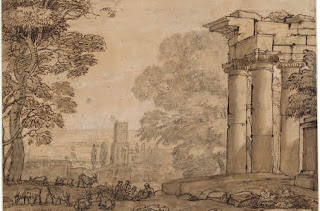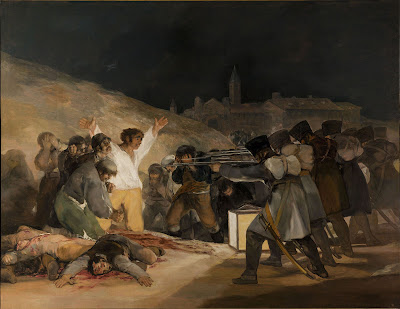Publication of my research paper on "Literature and the construction of reality"

My research paper on “Literature and the construction of reality” has been published in the 2018 edition of the Literature & Aesthetics Journal released in March. Peregrine falcons (Artwork: NY State Museum 1912, Public Domain) In this paper, I consider the idea that Ernst von Glasersfeld’s “radical constructivism” offers an ideal framework for putting in place a reality of the best fit for us. Along with this, I examine also the fundamental biological and epistemological limitations that we are faced with when trying to fathom objective reality and, secondly, the inescapable gap between language – which we use as a primary cognitive tool in our attempt to comprehend the world. The paper then show that literature – especially fiction – best meets the criteria for addressing these gaps and constructing such a model of reality in line with what radical constructivism proposes.



